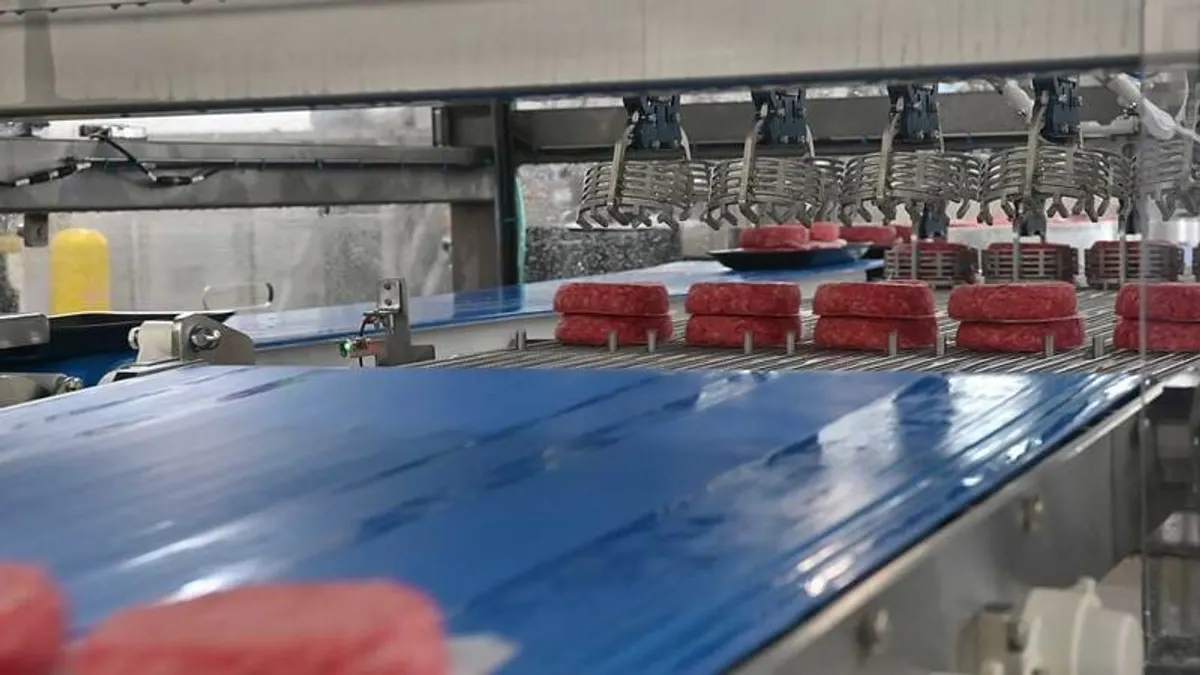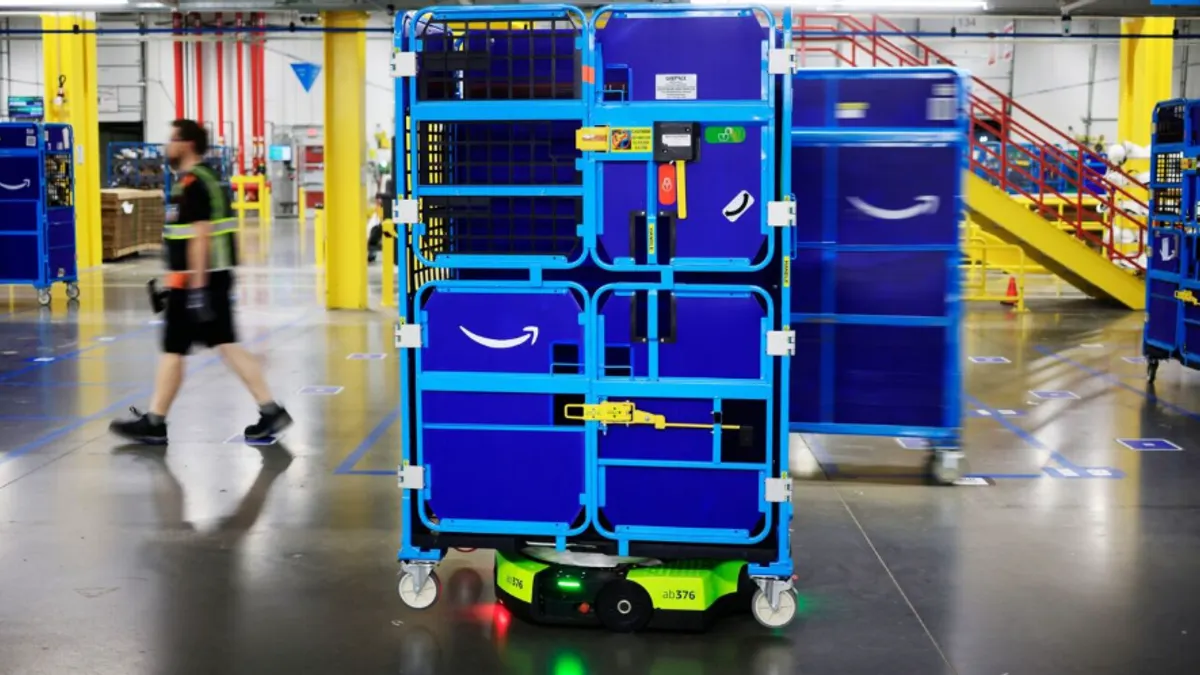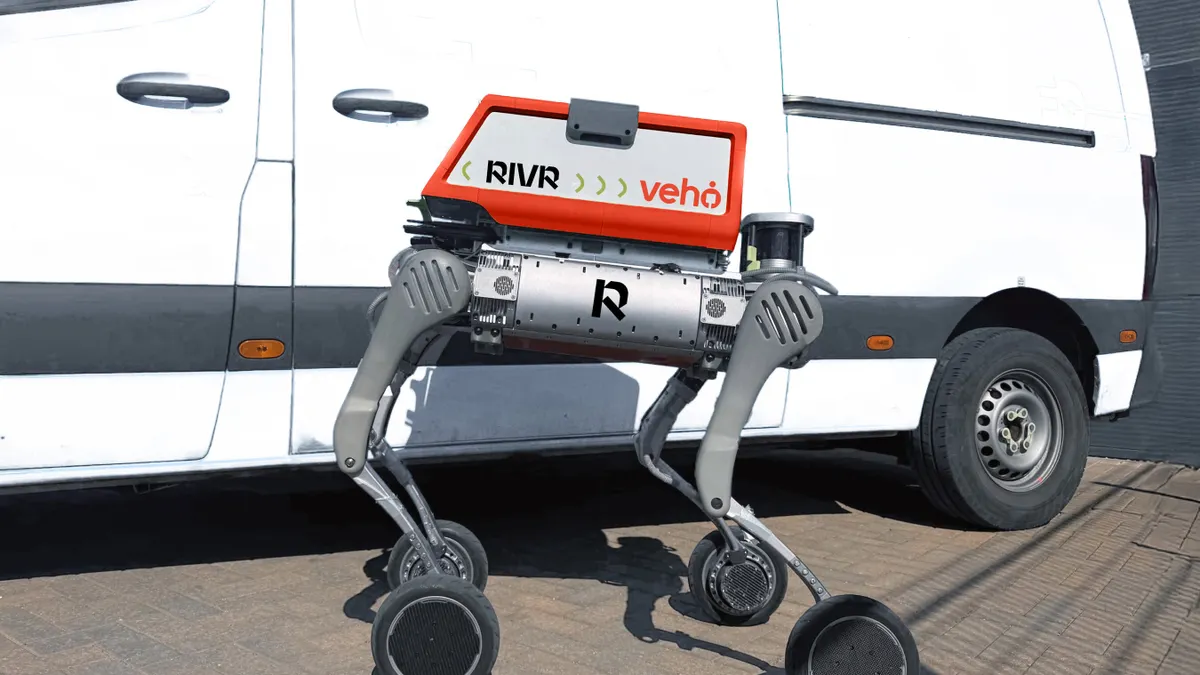Passengers flying with Delta Air Lines no longer have to play "I spy" with their luggage while on the plane: In addition to text alerts when their flight time or gate changes, RFID tags let them know when luggage boards the plane.
Misdirected luggage has been a longstanding issue for passenger airlines, but for two years now, Delta has deployed radio frequency identification (RFID) technology with passengers’ bags. Behind the scenes, though, Delta’s foray into RFID began with its logistics operations, and has yet to lose steam.
In 2012, Delta added tags to emergency equipment "in the tube" of each plane. Every morning, the airline is required to canvas the plane prior to its first departure, ensuring that life jackets are present and seal intact, and oxygen masks haven't expired.
"What used to take a human being hours for end-to-end checks is now done in what we like to say is the same amount of time you can hold your breath: 60 to 90 seconds," for a 777 check, Ken Lorow, lead program manager in technical operations for Delta Air Lines told Supply Chain Dive.
The emergency check RFID system is used in more than 90% of locations where Delta aircraft fly. The airline has more than 300,000 RFID tags on board 867 aircraft. Around 840 safety items expire per month, identified when using RFID.
"They can literally walk through the cabin of an airplane and in one minute, know that they’re missing a life vest from seat 21D. People actually steal these things from planes," said Bill Hardgrave, provost at Auburn University and founder of the RFID Research Center. "Or it might say the oxygen mask on seat 14C needs to be swapped out."
How RFID helps Delta’s logistics
Delta had a tough time tracking parts used throughout the day, to make sure they had enough on hand for backfilling. In 2013, they implemented RFID for airplane wheels, so they knew what to reorder overnight for next-day stocking. They started the pilot process in Atlanta, then tagging and tracking aircraft wheels in 12 domestic hubs with 24/7 operations.
After that successful experiment, Delta expanded RFID to other logistics issues, tagging and tracking key rotable parts, high value parts that could be repaired and returned to the aircraft. Delta tracks more than 35,000 assets on the shelves in these 24/7 markets, encoding 687,000 tags since that project began. They since expanded the system to track RFID parts at five additional stations that aren't manned around the clock, so that any time a maintenance person takes a part off the shelf, it’s tracked.
The scanners eliminated the laborious monthly hands-on inventory in Atlanta. Three shifts of four people each worked continuously for four days to complete an end-to-end stock room audit, all while parts were moving in and out. Inventory audits are now done with RFID scanners daily. It takes 45 minutes and produces a report. "It’s helped with bin compliance to make sure parts are available for mechanics when they come in," said Lorow.
"What used to take a human being hours for end-to-end checks is now done in what we like to say is the same amount of time you can hold your breath: 60 to 90 seconds"
Ken Lorow
Lead Program Manager, Technical Operations, Delta Air Lines
They’re starting to tag inbound warehouse items, to increase efficiency. Anything in the warehouse currently without a tag gets one on the outbound side. They’re in the early stages of using fixed scanners which can read 40 to 50 parts at a time.
Lorow said the RFID system saves Delta money, because it puts parts back in the pipeline more quickly. They know where the parts are, reducing extra purchased inventory for maintaining bin parts. "It helps us from having to borrow a part from another airline. That’s very expensive," he said. "This allows us to keep our pipeline more clean."
While tracking inventory is similar to how retail uses RFID, the tags are slightly different. Products like clothing may sit on the shelf for a short time before purchased. But the airline tags have to last longer and sometime are exposed to the elements. "We want durability to protect the technology," he said. For baggage, the tag price is similar to the retail tag price, maybe 3 to 5 cents. For airline parts, the tag price is more like 28 to 30 cents a tag.
Baggage: The public face of RFID?
Introduced in 2016, RFID for baggage is the company’s most public-facing project. Delta invested $50 million in 344 global stations to track passenger bags using the technology. As of spring last year, that investment helped them lower mishandled bag rates by about 10%, a Delta spokesman told Dallas News.
As of this spring, Delta had issued around 110 million tags, said Lorow, which have increased efficiency and passenger satisfaction. Delta had the lowest number of mishandled baggage claim reports for US airlines in May 2018, at 1.54 per 1,000 passengers. The figure was slightly better their May 2017 numbers of 1.67 complaints per 1,000 passengers, which, at the time, was still the lowest number of domestic airlines according to the US Department of Transportation’s air travel consumer report. The 2017 rate for airlines internationally was 5.57 complaints per thousand, a record low, according to the 2018 Air Transport Industry Insights Baggage Report.
The International Air Transport Association (IATA) said in a statement that airlines like Delta, who use RFID for baggage, have a 99 percent success rate tracking bags. A previous insights report noted the tags could generate savings of more than 20 cents per passenger, while the tag systems cost half that.
Some airports are also adding RFID for baggage handling systems, including Orlando’s airport, which is installing the technology in its South Terminal complex upgrade.
Delta’s RFID journey is far from over
Delta continues to find more ways to use RFID. Auburn University’s RFID Research Center works with Delta to develop, test and implement their RFID programs, with custom-built bays used at the school for testing, Hardgrave said.
Delta is also doing a pilot in the engine maintenance environment, and another with parking lot security to protect employees and ensure that the vehicles coming through the gate are allowed.
Delta is looking at other types of sensors too. Typically, RFID is used inside the walls of a warehouse or building. But once outside, the RFID tags no longer work without a reader. If someone takes it off the property and Delta wants to track it across the country, they can’t do that without GPS. The airline uses some GPS, but GPS accuracy inside a building isn’t good. “Inside a building, if you need to know where something is at, Bluetooth technology gives a longer read range,” Lorow said. Bluetooth also provides a read range outside, though GPS provides a longer range. They’re not currently using Bluetooth.
"At some point the actual technology will cap out on what it can be used for, and how it’s used," said Lorow. "What you put it on will always be different."





















